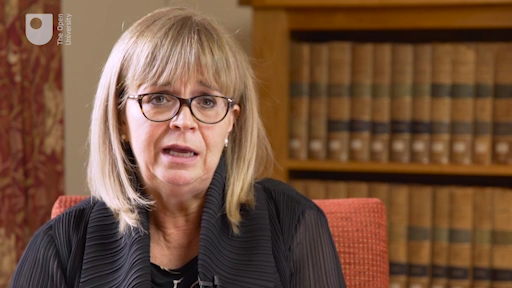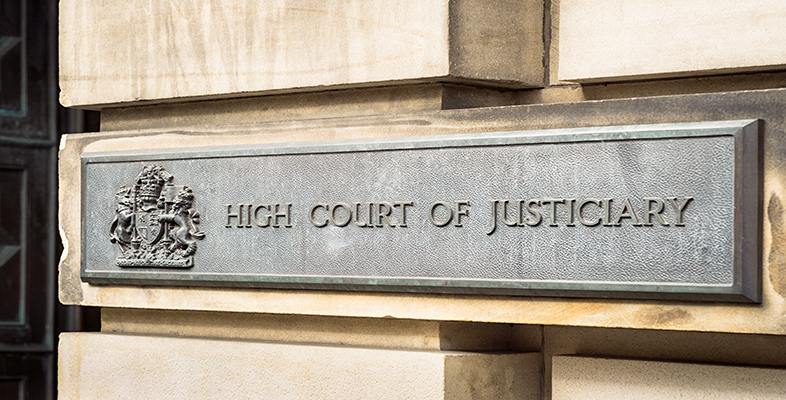1 The role and function of courts
There are certain important criteria that apply to all court proceedings. Courts are all presided over by at least one judge. A court must always uphold the rule of law and ensure justice is done. It is not only necessary to ensure justice is done but also that it is seen to be done. A court must follow procedure, act within its powers and make decisions that follow relevant laws and guidelines, such as the ECHR. The website of the judiciary in Scotland states that:
We believe it is vital in a democracy that justice is not only seen to be done, but that it operates in an open and transparent way and contributes to public understanding and awareness of what takes place in courts each day across Scotland.
Other than in very exceptional circumstances, court business must be open to public scrutiny.
Activity 1 Reflections about courts
- a.You have learnt about the role and structure of courts in Scotland. Take a few moments to reflect on what you have learnt and make a note of the main points you will remember from your studies of this course.
- b.Revisit the notes you made for Week 1 Activity 1 [Tip: hold Ctrl and click a link to open it in a new tab. (Hide tip)] . Have your thoughts about the courts and their role changed?
Comment
Through study of this course you have been introduced to a number of important aspects of the role and function of courts. These are some of the points the team who wrote this course noted:
- a court is the body through which the state prosecutes criminal conduct and which enables citizens to enforce their legal rights
- courts form part of the separation of powers
- an independent judiciary is essential to the rule of law
- as public bodies the courts are bound to proceed and make judgments in line with the fundamental rights and freedoms embodied in the ECHR
- courts perform an important role in providing checks and balances on the power of government and protecting the rights of individuals and citizens
- a court rules on disputes between members of society as to legal rights and obligations and dispenses justice in relation to individuals who have broken certain rules − i.e. committed a criminal offence
- we have courts because within the day-to-day business of any society there will be times when individuals are unable to exercise their legal rights alone and require the state to enforce them. The court is the body charged with this task
- in any state a mechanism to deal with individuals who breach its rules is required. This is the role of the court
- courts will always consist of at least one judge although there are various titles for this role. There may be a jury and there will be support from a clerk
- courts are important because they are the method by which we can enforce our legal rights and the state can dispense justice
Whether your thoughts have changed will depend on what you wrote in response to Activity 1 in Week 1.
Before moving on to consider procedures for hearing court cases in civil and criminal matters you should watch this video in which Elish Angiolini (former Lord Advocate) reflects on the work of Scottish courts.

